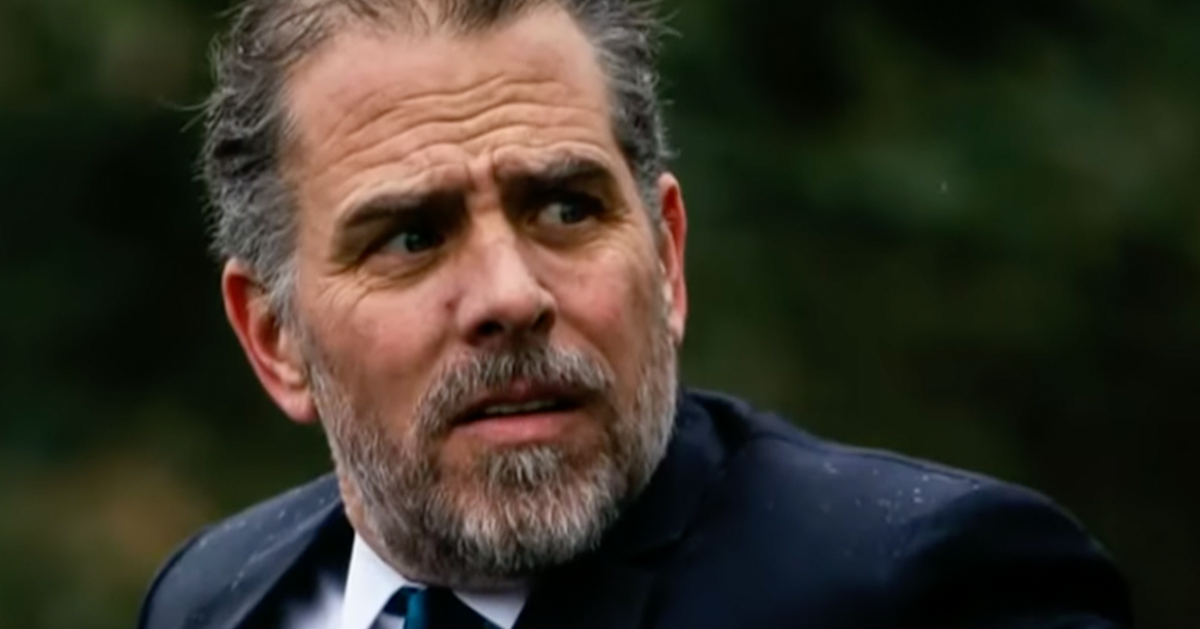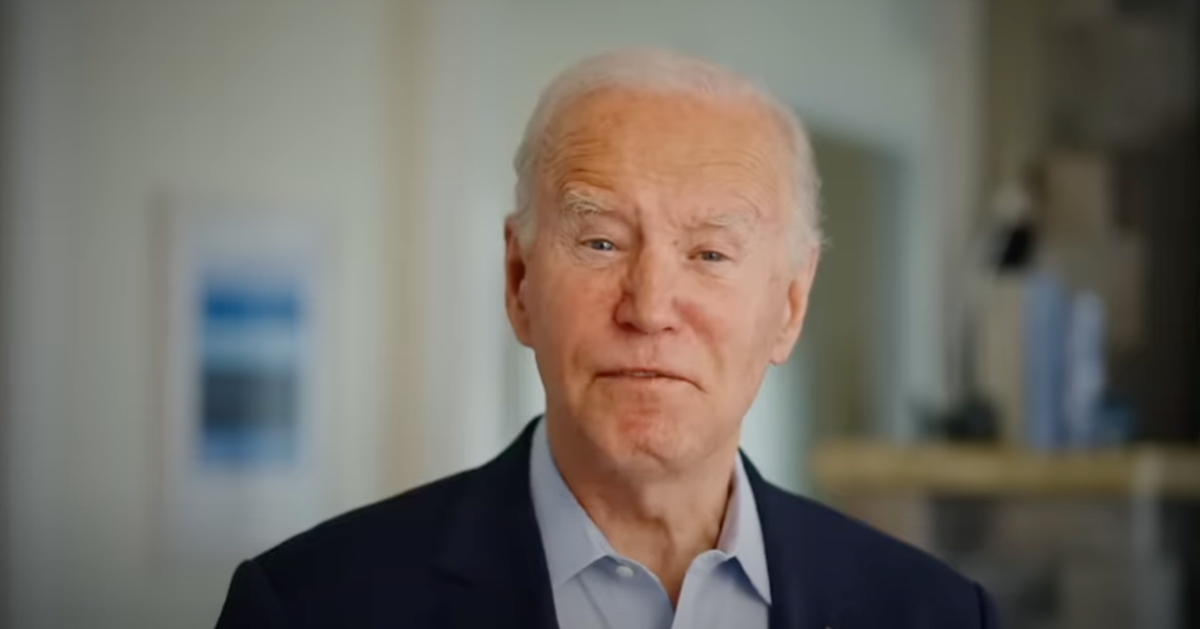Report: Biden’s ghostwriter faced risk of obstruction of justice charge for destroying evidence
Mark Zwonitzer, Joe Biden's ghostwriter, is under investigation for potentially obstructing justice after destroying evidence of the president's possible crimes.
Zwonitzer has unexpectedly found himself in the spotlight due to a legal investigation. The Department of Justice was reportedly considering charging him with obstruction of justice. This comes after it was revealed that Zwonitzer destroyed recordings and notes from interviews with Biden in which classified information was shared, as reported by the Daily Mail.
Unexpected spotlight on a private figure
Zwonitzer, who has maintained a low profile throughout his career, was seen this week for the first time since the news broke, appearing calm and collected.
Dressed casually, he was approached by reporters but declined to discuss the ongoing investigation, stating only that he "could not" talk about it.
The writer, known for his discreet nature, has been thrust into a complex situation involving classified documents. His connection with the president is deep, having been trusted with Biden's memoirs and classified information during their collaboration. This trust has led to Zwonitzer's current legal predicament, highlighting the gravity of handling sensitive materials.
According to a report by special counsel Robert Hur, Biden was shockingly careless with classified documents, sharing them with Zwonitzer without considering the writer's lack of security clearance. This situation has raised serious concerns about the handling of classified information.
A trusted partnership faces scrutiny
The relationship between Biden and Zwonitzer was built on trust and shared experiences.
Zwonitzer had been an essential part of Biden's efforts to document his political and personal journeys in memoirs.
However, this partnership has brought unforeseen legal challenges for Zwonitzer, spotlighting the importance of clear boundaries when dealing with classified information.
The investigation into Zwonitzer's actions sheds light on a broader issue of how classified information is managed and shared.
The discovery of classified documents in Biden's possession and the subsequent deletion of audio recordings by Zwonitzer have sparked a debate on the responsibilities of those with access to sensitive information.
The DOJ's investigation into Zwonitzer's conduct is particularly focused on the destruction of evidence. This act, which Zwonitzer claims was done for plausible, innocent reasons, has nevertheless drawn attention to the potential for obstruction of justice.
Legal challenges and public scrutiny
Zwonitzer's career as a respected author and documentary maker is now overshadowed by the legal implications of his actions.
Despite a history of achievements and awards, the ongoing investigation places his reputation at risk, underscoring the delicate balance between confidentiality and transparency in the handling of classified materials.
The case also highlights the broader implications of how classified information is shared and protected. With Biden's casual sharing of classified notes and Zwonitzer's deletion of recordings, questions arise about the effectiveness of current protocols and the need for stricter safeguards.
The recovery of most of Zwonitzer's deleted recordings using forensic tools has played a critical role in the investigation. This technological intervention has allowed investigators to piece together the extent of the classified information shared, providing a clearer picture of the events in question.
A complex web of responsibilities and risks
Zwonitzer's involvement in the classified documents scandal is a reminder of the complex web of responsibilities that come with access to sensitive information. The case serves as a cautionary tale for those working closely with government officials, highlighting the legal and ethical considerations of such relationships.
The incident has also led to a reevaluation of how classified information is handled within the highest levels of government. It underscores the need for stringent measures to protect national security, even in informal settings such as memoir writing.
Despite the controversy, investigators have found some of Zwonitzer's explanations for deleting the material plausible. This development suggests a nuanced understanding of the situation, although it does not diminish the seriousness of the allegations.
Reflections on a storied career and unforeseen challenges
Zwonitzer's journey from a fact-checker to a key figure in a national security-related investigation illustrates the unpredictable nature of a career that intersects with the political sphere. His work, which once brought him close to the heart of American politics, now places him at the center of a legal and ethical debate.
The implications of this investigation extend beyond Zwonitzer and Biden, prompting a broader discussion on the safeguarding of classified information.
As the case unfolds, it will likely influence future protocols and practices in handling sensitive materials, ensuring that such incidents are prevented.
Despite the challenges, Zwonitzer's contributions to literature and documentary making remain significant. His work, marked by depth and insight, has enriched public understanding of American history and politics, even as he navigates this difficult period.
Conclusion
- Mark Zwonitzer is under investigation for potentially obstructing justice after destroying evidence related to President Joe Biden's sharing of classified information.
- The incident underscores the importance of clear boundaries and protocols in handling classified materials, even in informal or personal collaborations.
- The legal and ethical implications of this case extend beyond the individuals involved, influencing future practices in safeguarding sensitive information.






